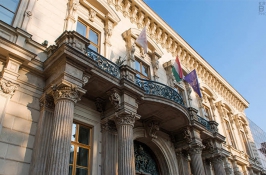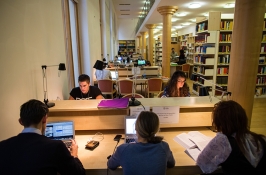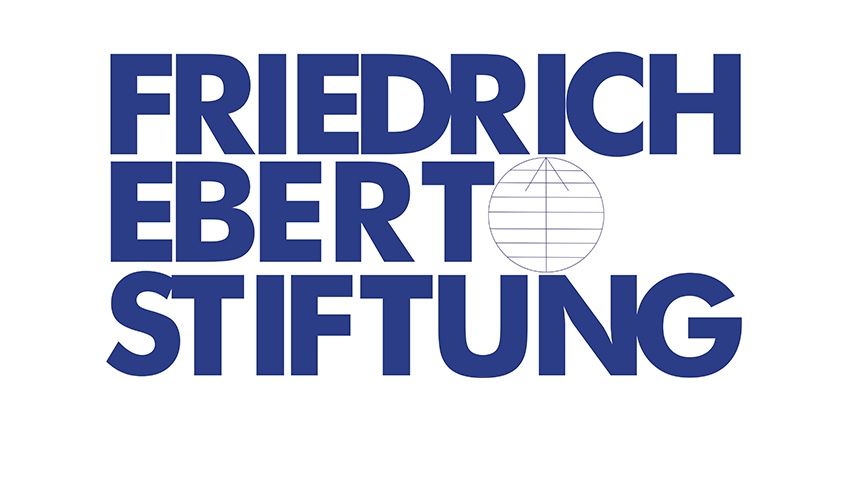REGISTRATION for Zoom is HERE
The recent major Russian offensive in Ukraine, which began in the early morning of February 24 after seven years of frozen conflict, has triggered extraordinary international reactions that are likely to completely reshape the geopolitical reality in Europe. This change must have come as a shock to many, including decision-makers in Russia.
Germany announced an extreme reshaping of its foreign and security policy, sending lethal weapons to Ukraine and announcing a drastic increase of its defense budget. The EU is still a "military dwarf," but the organization's decision to support one of the fighting parties with lethal military aid could spark a debate on the supranationalization of the CFSP. Current events have reinvigorated domestic debates in Finland and Sweden about possible NATO accession, although this remains unlikely. The escalation has also demonstrated the great geopolitical importance of Central and Eastern European countries and the indispensability of the U.S. as NATO's anchor country and Europe's protecting power. The only thing that is certain today is that Europe's future security architecture will look very different from what it did before February 24.
After the welcome by Beate Martin, head of the Budapest FES office, Dr. Tocci and Dr. Rácz will comment on the impact of the unprovoked Russian attack on Ukraine on the EU and the future of the European security architecture
We look forward to your participation and a lively discussion after the keynote speeches of the two speakers.
Dr. Nathalie Tocci is Director of the Istituto Affari Internazionali, Honorary Professor at the University of Tübingen and Pierre Keller Visiting Professor at the Harvard Kennedy School. She has been Special Advisor to EU High Representative and Vice President of the Commission Josep Borrell. As Special Advisor to HRVP Federica Mogherini she wrote the European Global Strategy and worked on its implementation. She has been a member of Eni's Board of Directors since May 2020.
Previously she held research positions at the Centre for European Policy Studies, Brussels, the Transatlantic Academy, Washington and the Robert Schuman Centre for Advanced Studies, Florence.
Her research interests include European foreign policy, conflict resolution, the Middle East and the Mediterranean.
Her major publications include: Framing the EU's Global Strategy, Springer-Palgrave Macmillan, 2017 (author); The EU, Promoting Regional Integration, and Conflict Resolution, Springer-Palgrave Macmillan, 2017 (co-editor); Turkey and the European Union, Palgrave Macmillan, 2015 (co-author); Multilateralism in the 21st Century, Routledge, 2013 (co-editor), Turkey’s European Future: Behind the Scenes of America’s Influence on EU-Turkey Relations, New York University Press, 2011 (author); and The EU and Conflict Resolution, Routledge, 2007 (author).
Nathalie is the 2008 winner of the Anna Lindh award for the study of European Foreign Policy.
Dr. András Rácz is an associate fellow in DGAP’s (German Council on Foreign Relations) Security and Defense Program. Previously, he was a senior fellow in that program. From September 2019 to December 2020, he was a senior fellow of the Robert Bosch Center for Central and Eastern Europe, Russia, and Central Asia.
Before that, Rácz was associate professor at the Pázmány Péter Catholic University in Budapest and non-resident research fellow of the Estonian Foreign Policy Institute in Tallinn. Between 2014 and 2016, he was senior research fellow of the Finnish Institute of International Affairs in Helsinki. Prior to that, Rácz worked as a senior research fellow at the former Hungarian Institute of International Affairs and a visiting researcher at the Transatlantic Academy of the German Marshall Fund in Washington, DC. He was also a fellow of the Volkswagen Foundation’s program in European Foreign and Security Policy Studies (EFSPS).
Rácz earned his PhD in modern history from Budapest’s Eötvös Loránd University in 2008.
Dr. Heinrich Kreft M.A., B.A. (USA), holds the Chair for Diplomacy II and is Program Director “International Relations and European Studies” at Andrássy University Budapest and is Director of its Center for Diplomacy. Previously, he was Ambassador of the Federal Republic of Germany to the Grand Duchy of Luxembourg (July 2016 - August 2020), Special Ambassador for Intercultural and Interreligious Dialogue and for International Academic Relations, and Deputy Head of the Planning Staff of the Federal Foreign Office. Other assignments in his 35-year career have taken him to Washington, Tokyo, Madrid and La Paz.
In between, he was a visiting fellow at the Henry L Stimson Center, the Heritage Foundation, the Brookings Institutions, the Woodrow Wilson International Center for Scholars and the Transatlantic Academy of the German Marshall Fund of the United States in Washington, DC.
Heinrich Kreft studied political science, modern history and sociology at Juniata College, Huntingdon, PA (USA), at the Institut d'Etudes Politiques de Paris and the Institut des Hautes Etudes de L`Amérique Latine of the Sorbonne Nouvelle as well as at the Westfälische Wilhelms Universität Münster. He has published extensively on international relations. Most recent publications on China and the broader Middle East.
REGISTRATION for Zoom is HERE
Diese Veranstaltung ist Teil der Reihe der Feierlichkeiten zum 20jährigen Jubiläum der Andrássy Universität Budapest.



 ETN
QuickLinks
Contact
ETN
QuickLinks
Contact
 Start Your Studies!
Scholarships
Degree Programmes
PH.D. Programme
Admission
Alumni Association
Start Your Studies!
Scholarships
Degree Programmes
PH.D. Programme
Admission
Alumni Association
 Subscribe to our newsletter
Subscribe to our newsletter







